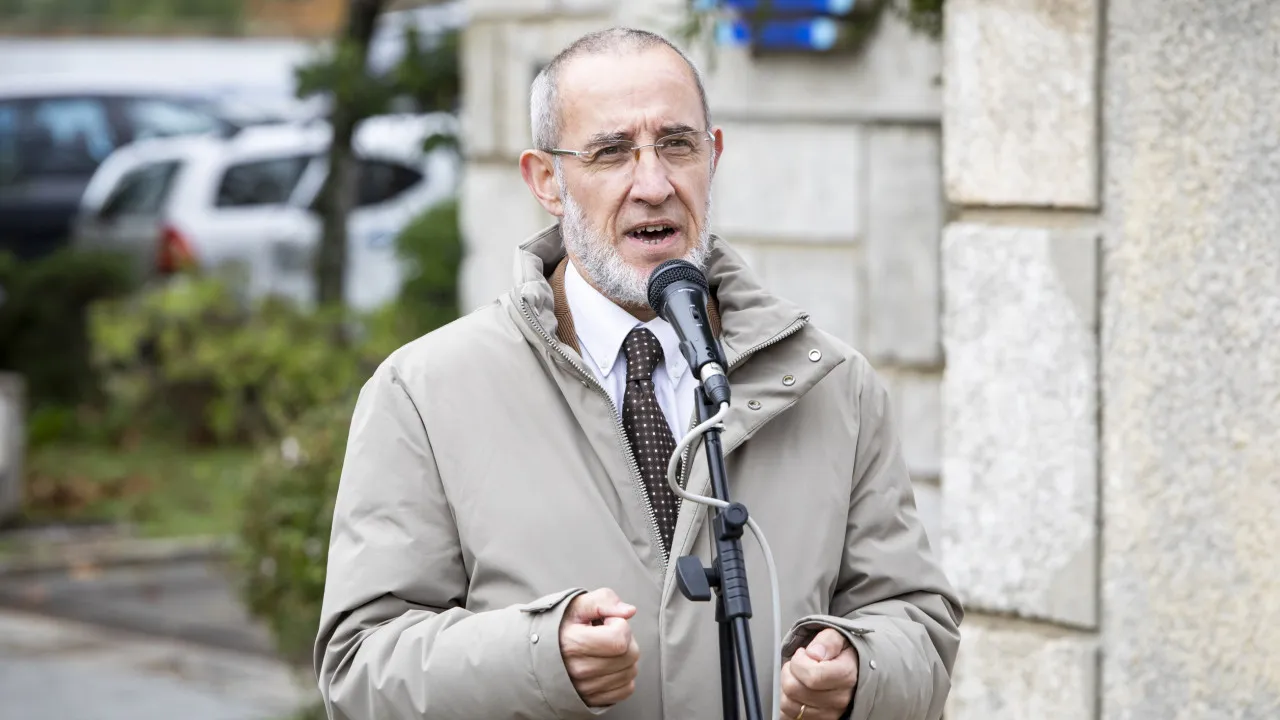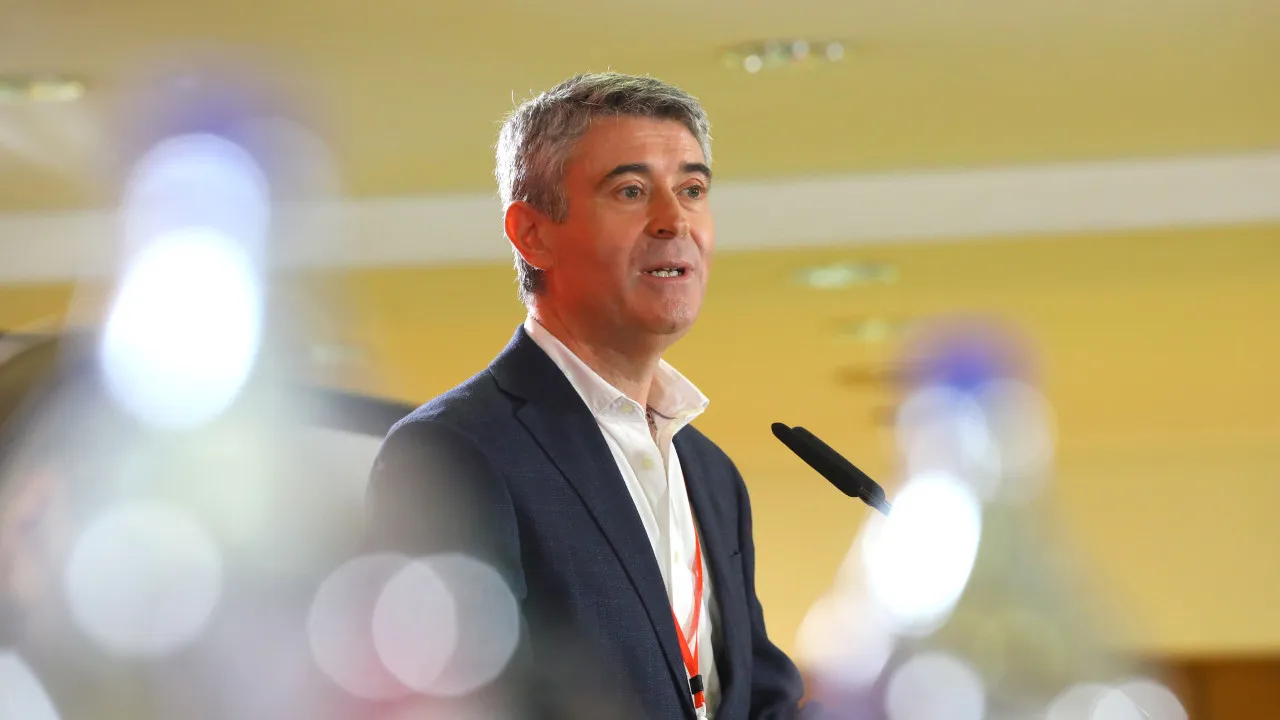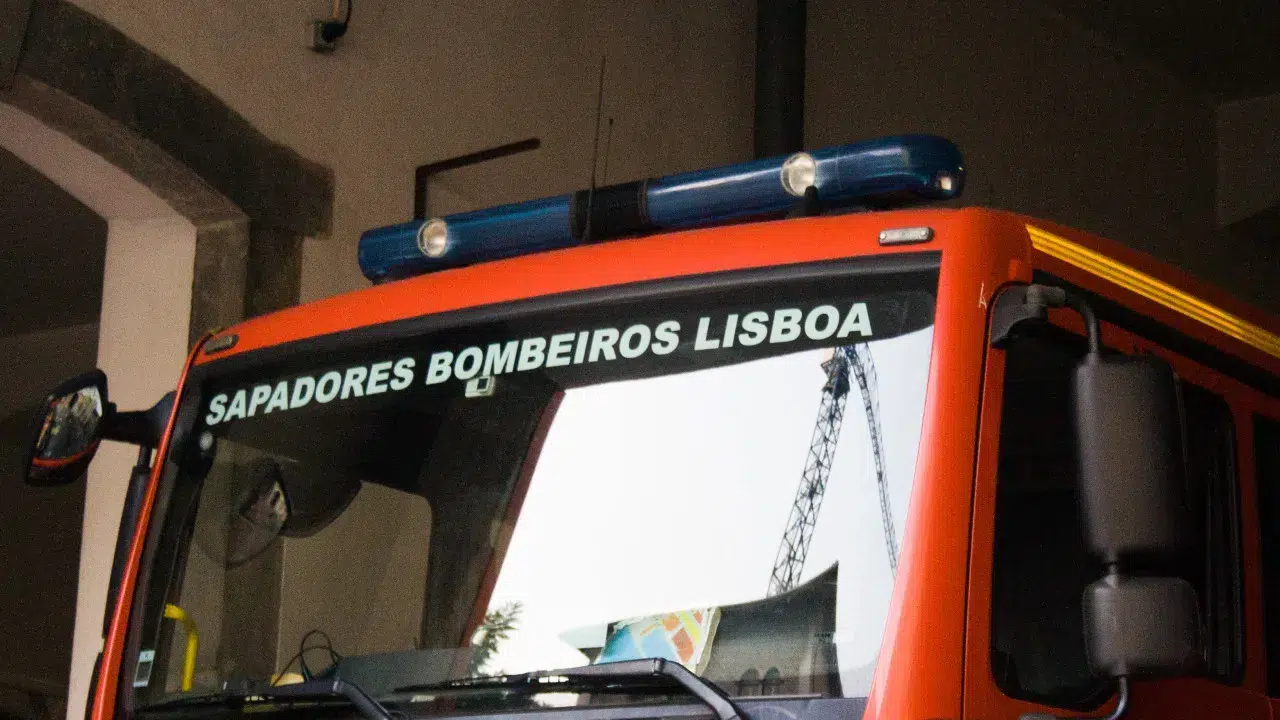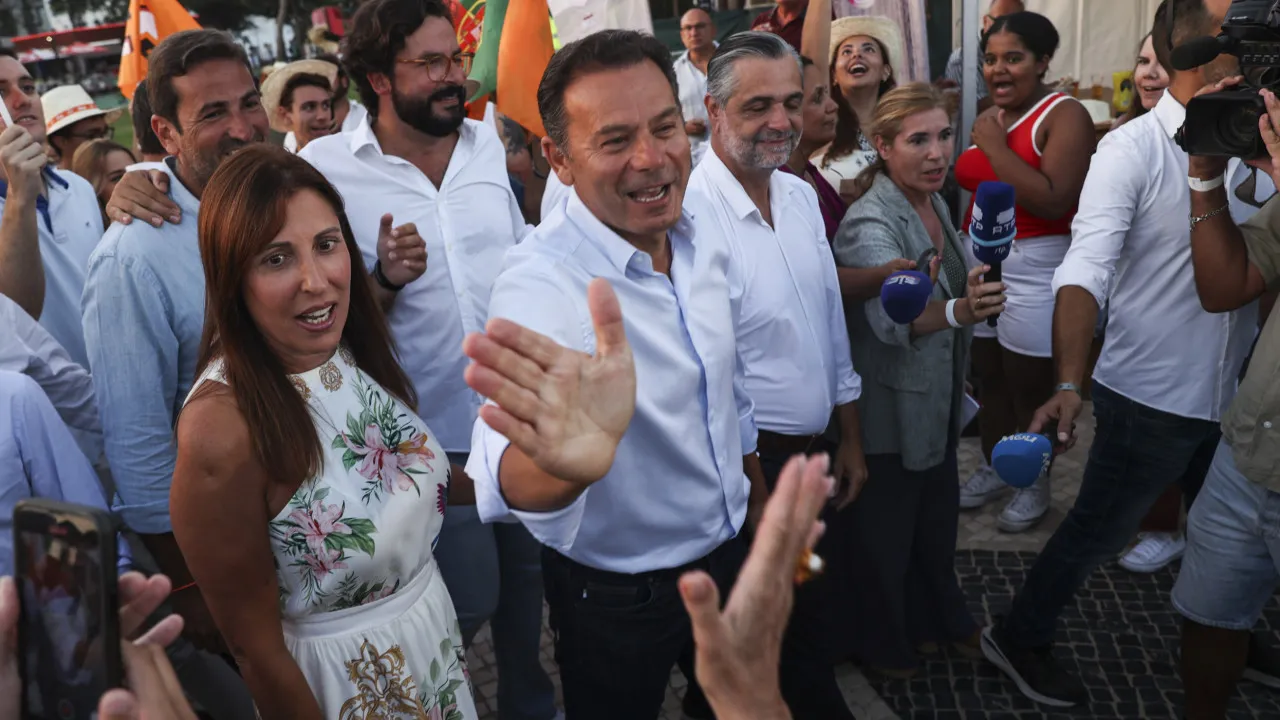
“We understand that it is necessary to halt, and halt immediately, this process, as the privatization of TAP, even partial, will ultimately lead to the complete privatization of capital from the government’s and the right’s perspective, which is profoundly damaging to the company, the national economy, and even the country’s sovereignty,” said Alfredo Maia to journalists today in Porto.
Maia spoke at Campanhã station before boarding the Celta train during a protest against the “deterioration of service on the Porto-Vigo rail link,” which will require a transfer in Viana do Castelo starting Sunday.
The communist deputy argues that with privatization, “Portugal loses autonomy over a critical tool in a company that ensures not only regional connections but also numerous global destinations that are vital” both for “the economy” and “the communities” served by the airline.
“Even from an economic standpoint, it’s essential to highlight that TAP is, if not the largest, one of the largest exporters in the economy, generating an annual income of many millions of euros for the State, particularly in taxes and workers’ contributions to Social Security, which are paid here rather than by a foreign company, outside the country,” he stressed.
Livre, PCP, and BE have today requested the parliamentary review of the government’s decree-law facilitating TAP’s privatization, condemning the process as “inherently disastrous” and deserving of “clear rejection.”
The document states that TAP’s privatization comes at a time when the airline “is stabilized, capitalized, financially rectified, and prepared to meet future demands.”
“The government’s reference to a ‘first phase’ in TAP’s privatization process further indicates its intention to privatize the entire company. This is not about partial privatization; it is about full privatization executed in phases,” the document reads.
Livre, PCP, and BE emphasize that “major airlines are interested in acquiring TAP not because it is of little value, but precisely because it is highly valuable,” and “even more so as a strategic asset for the national economy, sovereignty, and the country’s development.”
The three parties reject the notion that TAP must be sold “to ‘recover the money invested by the State,'” arguing instead that “public TAP recoups and compensates that investment.”
“The 3.2 billion euros invested by the State in TAP (to cover pandemic-related losses, address the Maintenance Brazil loss, and capitalize the company) are compensated through the profits generated by TAP,” they assert.
The decree-law for the privatization of 49.9% of TAP allows for the private investor to acquire more than 44.9% of the company, by purchasing any shares that workers do not buy from the 5% reserved for them.
“If the aforementioned workers do not acquire all the shares made available within the scope of the re-privatization, the reference investor will acquire the shares not purchased by the TAP Group workers,” according to the decree-law for the airline’s privatization, published today in the Diário da República.
As previously announced by the government, this re-privatization may amount to 49.9% of TAP’s share capital, through a direct reference sale of up to 44.9% of TAP’s share capital to the reference investor and a sale of up to 5% of the capital to the group’s employees.




